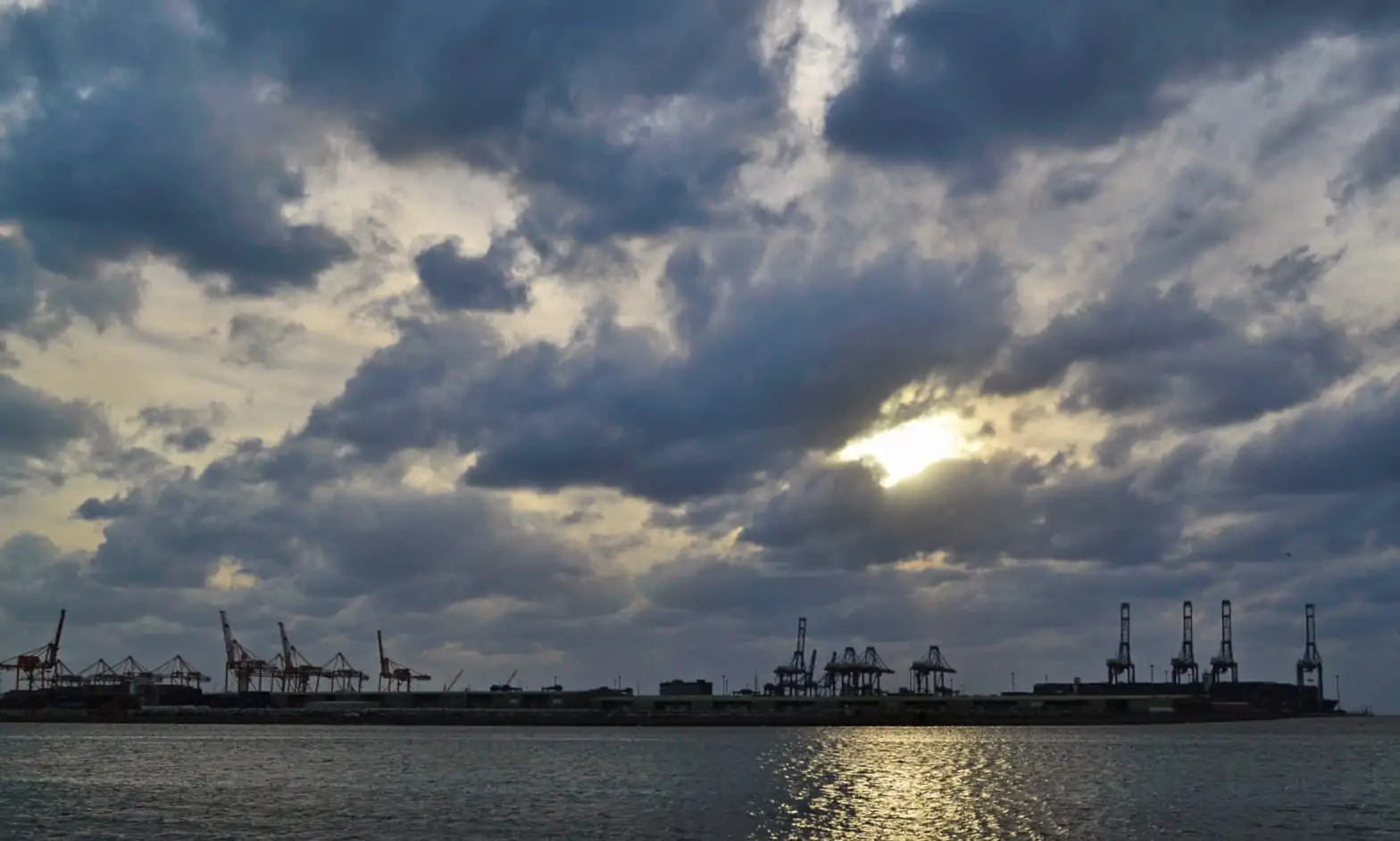This article explores the way the warming of the Arctic transforms this region into the new frontier of a new driver of the confrontation between the US and China… Read More
Category Archives: Americas
★ Sensor and Actuator (4): Artificial Intelligence, the Long March towards Advanced Robots and Geopolitics
Amazon’s director of robotics stated in April 2019 that it would be “at least 10 years” before warehouses become fully automated (Rachel England, Endgadget, 2 May 2019). Meanwhile, as we detail below, the Chinese production of industrial robots has been falling continuously since September 2018 (-16.4%) to March 2019 (-14%) and April 2019 -7.3% (China …
Smart Agriculture, International Power and National Interest
Smart farming, the combination of agriculture, artificial intelligence (AI) and the internet of things (IoT), will help tackle the various challenges of food security, and usher the happenstance of a new world. It will also change what international food security means. We present here some of the features of the new “international smart food security”. …
Continue reading “Smart Agriculture, International Power and National Interest”
★ Sensor and Actuator for AI (3) – Artificial Intelligence, the Internet of Things and the Future of Agriculture: Smart Agriculture Security? (2)
One of the current focuses regarding Artificial Intelligence is on ethics. For example, on 8 April 2019 the European Commission published its Communication Building Trust in Human-Centric Artificial Intelligence. Google, despite set backs, also tries to implement an AI ethics board (Kelsey Piper, “Exclusive: Google cancels AI ethics board in response to outcry“, Vox, 4 …
★ Sensor and Actuator for AI (2) – Artificial Intelligence, the Internet of Things and the Future of Agriculture: Smart Agriculture Security? (1)
This article explores the way artificial intelligence (AI) is inserted within its environment through the Internet of Things in a particular domain, agriculture. As a result, “smart agriculture”, a whole new way to produce food, is born. We look at the way various actors include AI in farming and thus envision and develop the future …
Saudi Arabia and the Chinese Belt and Road: the Great Convergence
In February 2019, during the Saudi Arabia-China economic forum, the two countries signed for more than 28 billion dollars deals (“Saudi-Chinese Investment Forum Signs 35 Deals During Crown Prince’s Beijing Visit”, Ashark Al Awsat, 22 February, 2019). These gigantic deals are part of the growing Saudi-China relationship. They are the economic and political continuation of …
Continue reading “Saudi Arabia and the Chinese Belt and Road: the Great Convergence”
Quantum Computing, Hollywood and geopolitics
Since 2017, quantum information and technology science (QIS), and especially quantum computing, are quickly emerging as central in Hollywood and its movies, TV series and novels. Their scenarii emphasise the link between quantum power and national security situations. Hollywood and the U.S Strategic Debate This is a crucial indication, considering that the relation between the …
Continue reading “Quantum Computing, Hollywood and geopolitics”
The Ever Rising U.S.-China Tension – The Red (Team) Analysis Weekly – 22 November 2018
Each week our scan collects weak – and less weak – signals for global changes, national and international security, political and geopolitical risk of interest to private and public actors. Editorial: Tension appears to rise so high and increasingly so between the U.S. and China (including considering the threat China’s progress in Quantum Information Science creates …
Quantum, AI, and Geopolitics (2): The Quantum Computing Battlefield and the Future
A race has started for quantum technologies or quantum information systems (QIS). Indeed, considering initially and notably the consequences in terms of cryptology – dubbed a “crypto-apocalypse” – no country may allow another state or a foreign company to be the first to develop quantum computing.
However, since the initial worry about cryptology somehow triggered the current quantum revolution, the situation has changed, discoveries have taken place… read more
Militarizing the Warming Arctic – The Race to Neo-Mercantilism(s)
The warming Arctic is the stage of an ongoing maritime, geopolitical and geo-economic revolution.
For example, end of August 2018, the Danish Maersk Company, one of the major ship owners in the world and the world’s largest container shipping company by both fleet size and cargo capacity, sent a first container ship using this route, in order to test its commercial use. The ship went from Vladivostok to Saint Petersburg, through the Bering Strait, following the northern coast of Siberia (Tom Embury-Morris, “Container Ship Crosses Arctic Route for First Time in History Due to Melting Sea Ice”, The Independent, 18 September, 2018).
Since 2013, each year, the number the number of Chinese cargo convoys using the Russian Northern Sea Route, also known as the North East passage, increases thanks to the rapid warming of the region, which transforms











